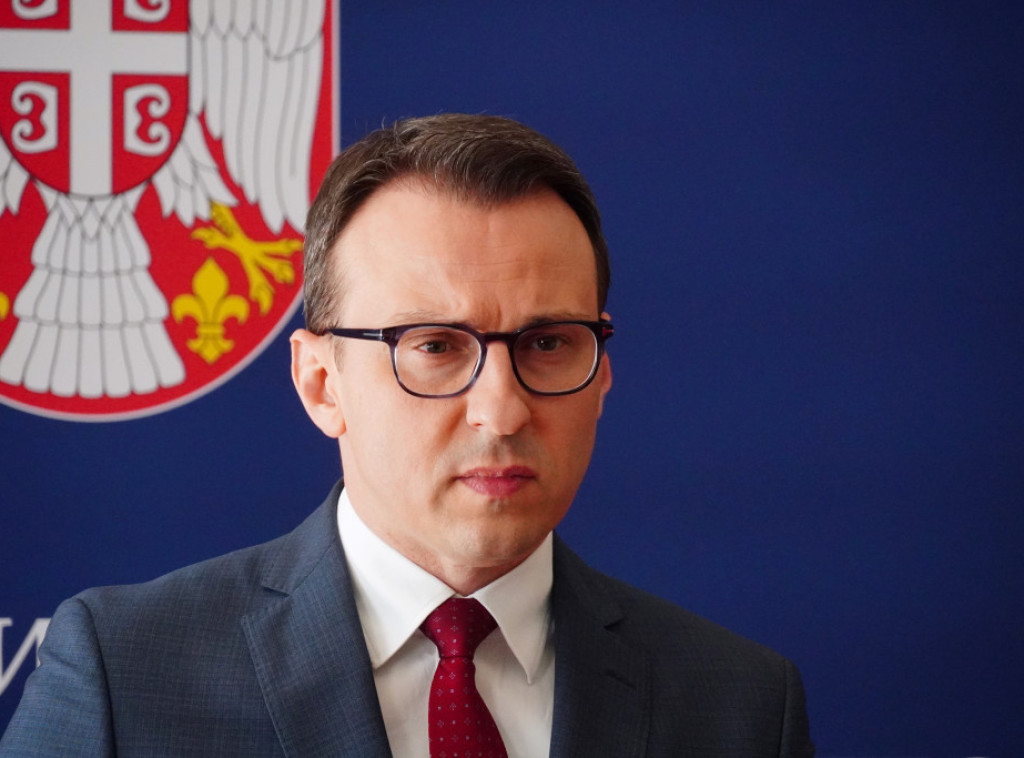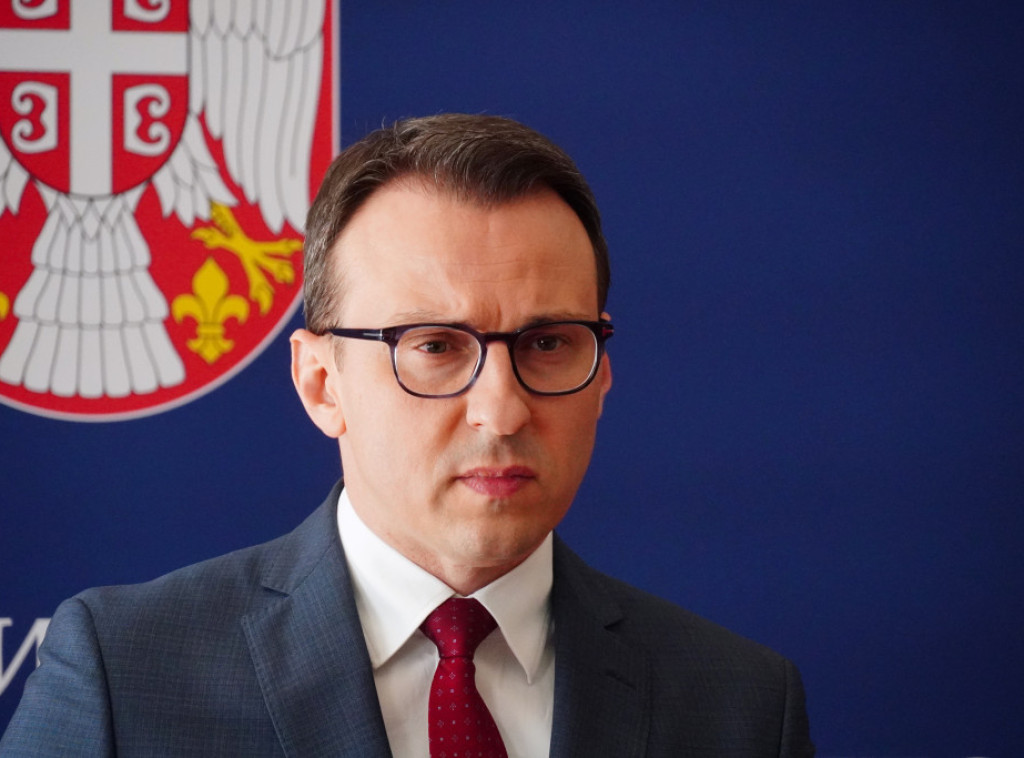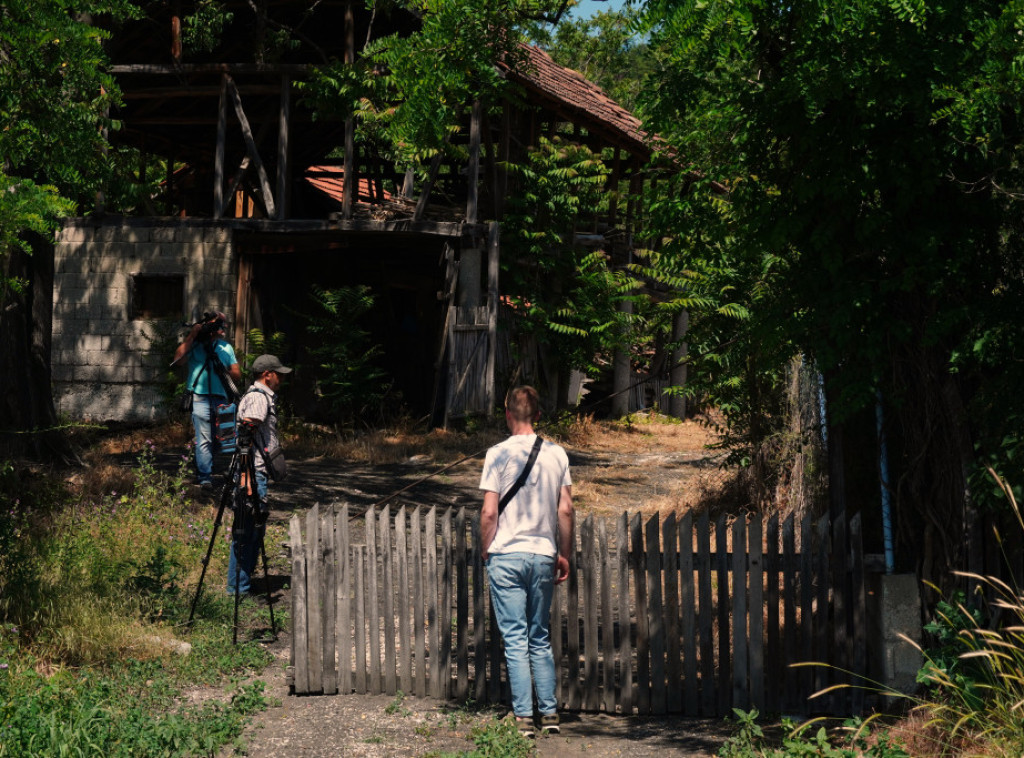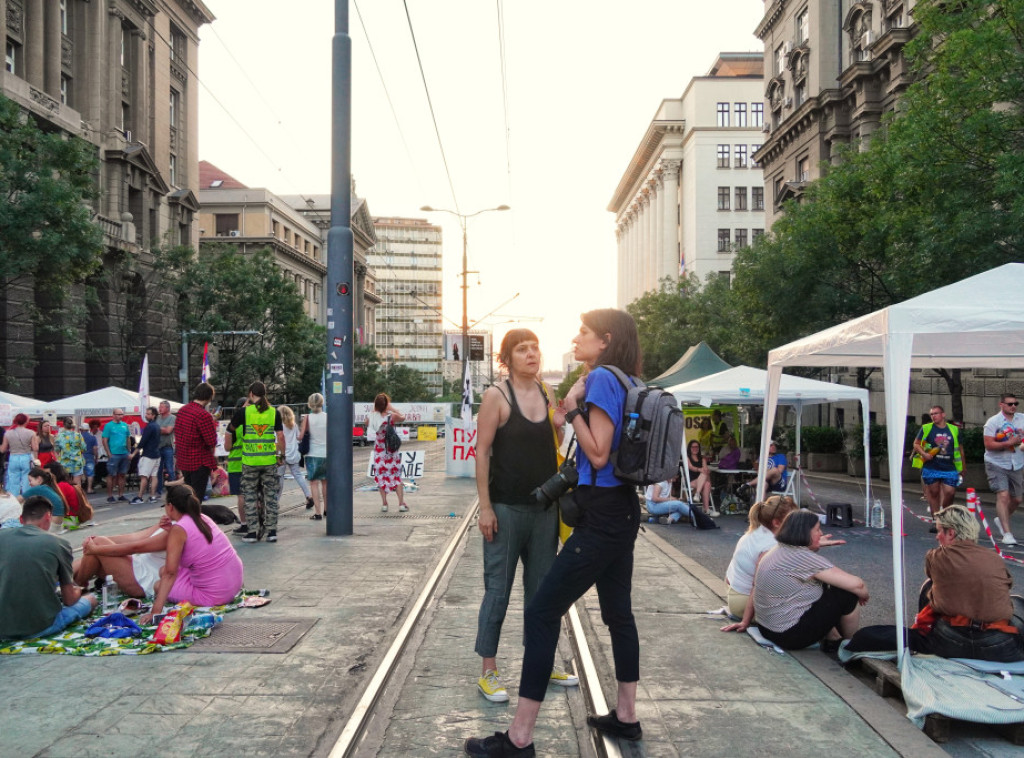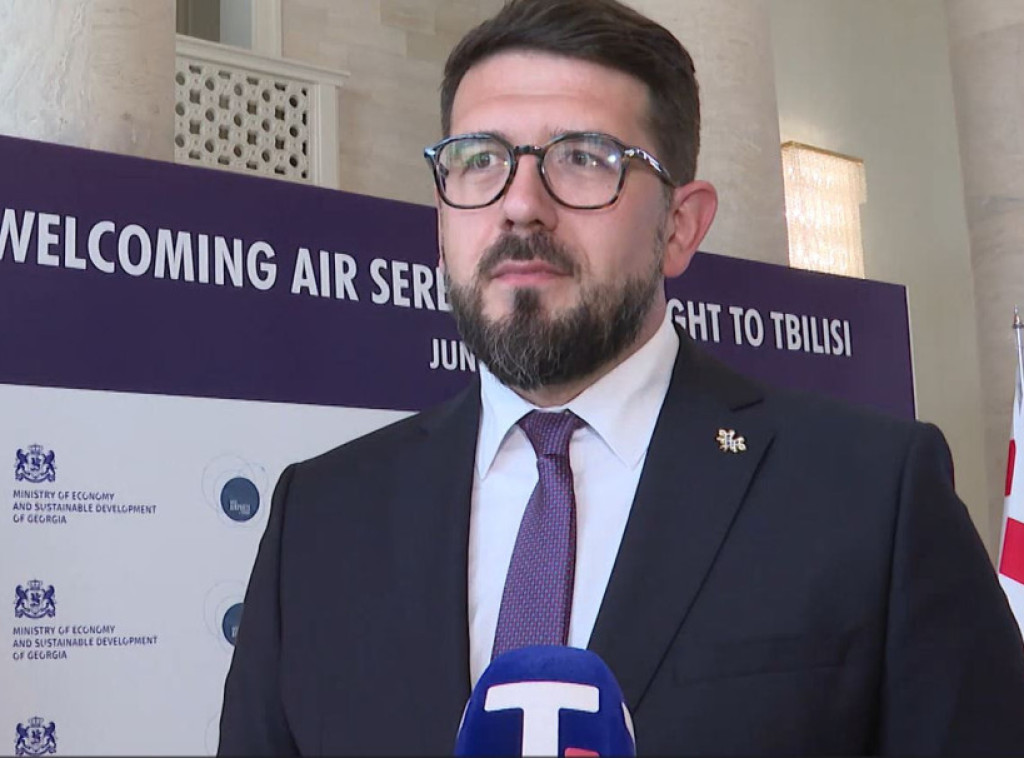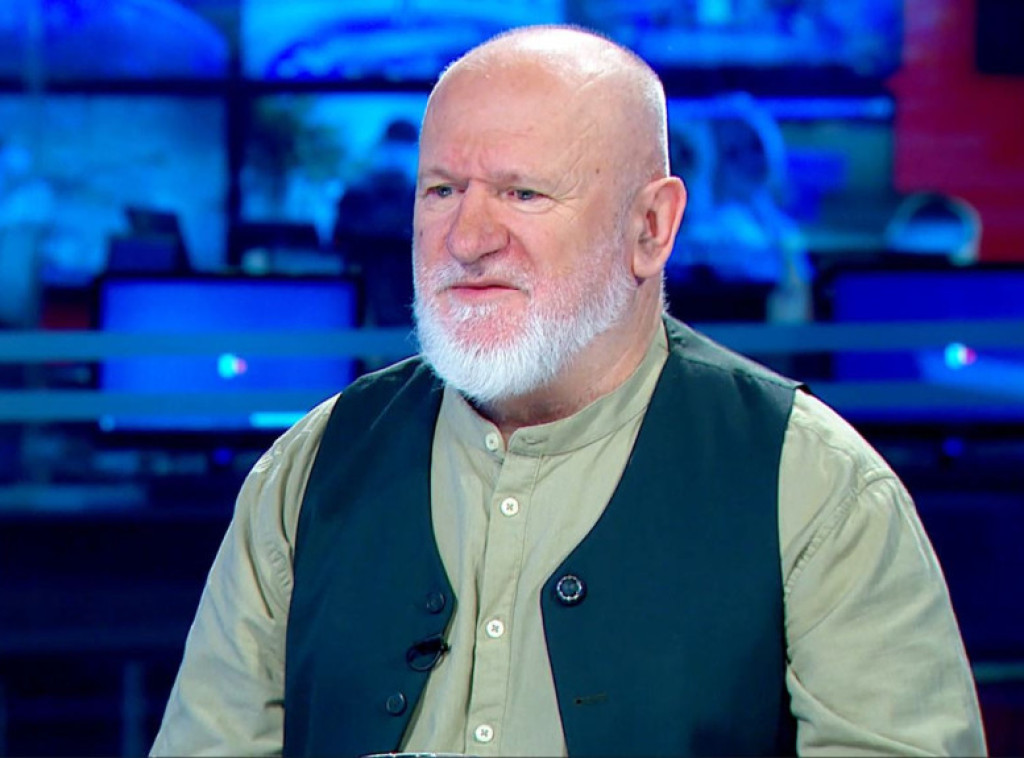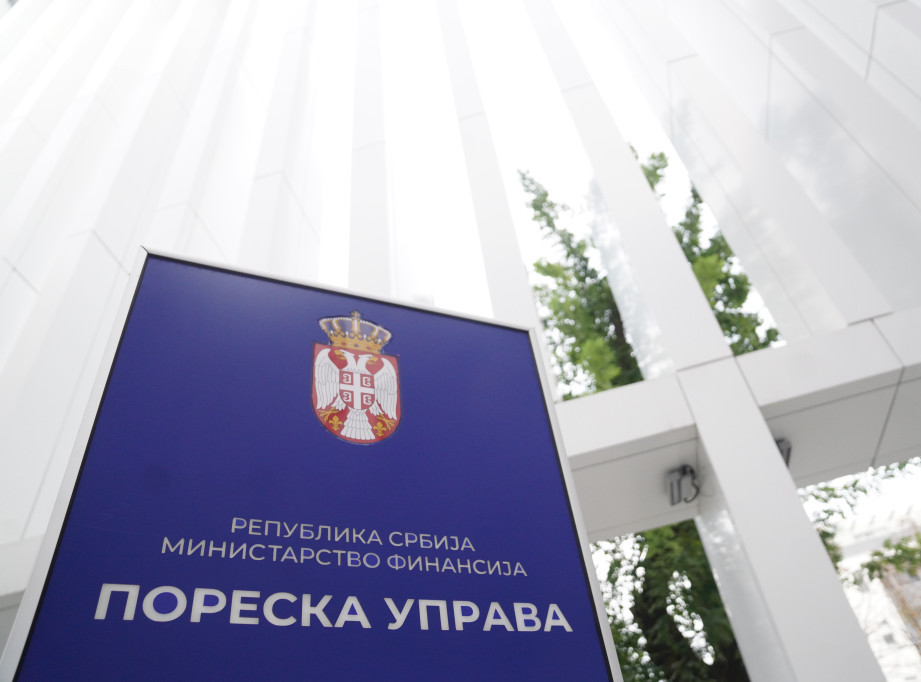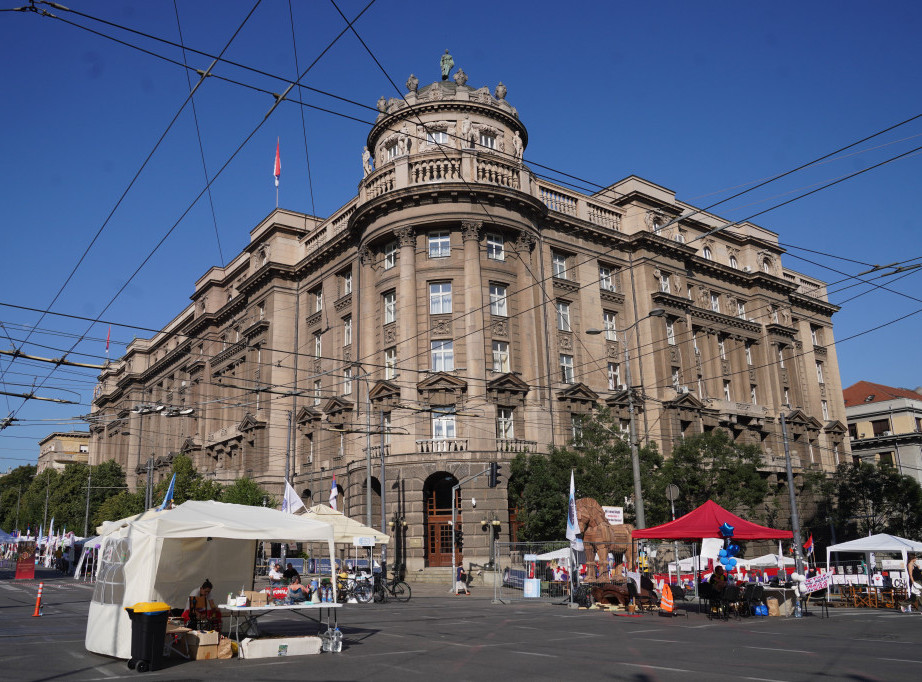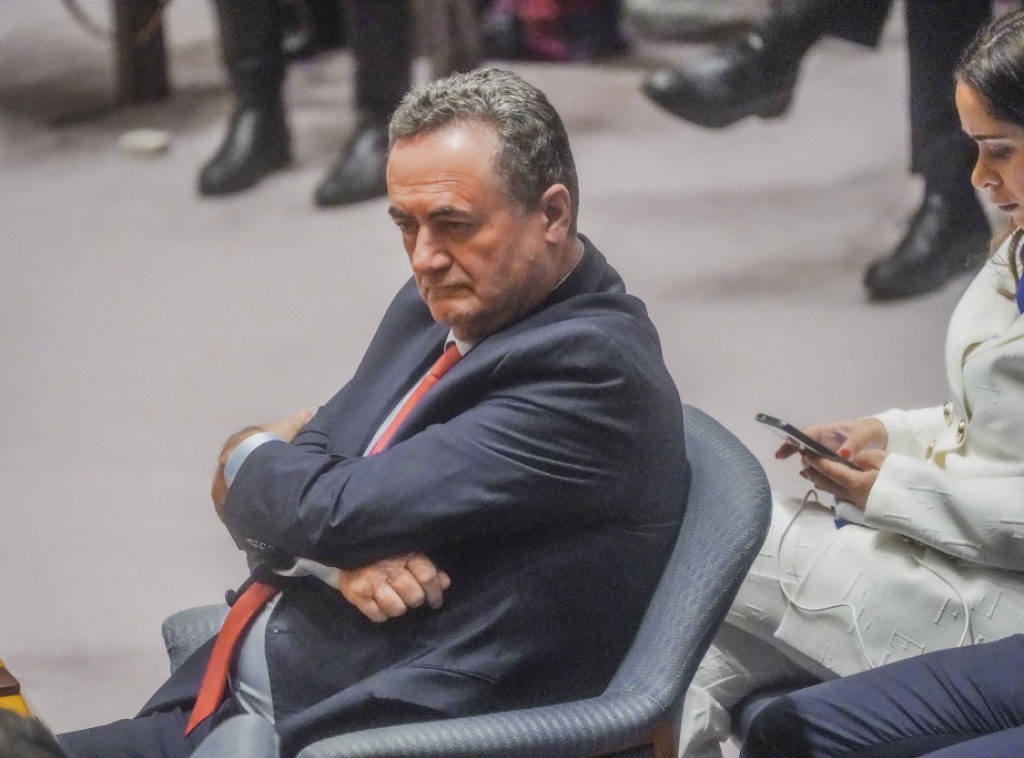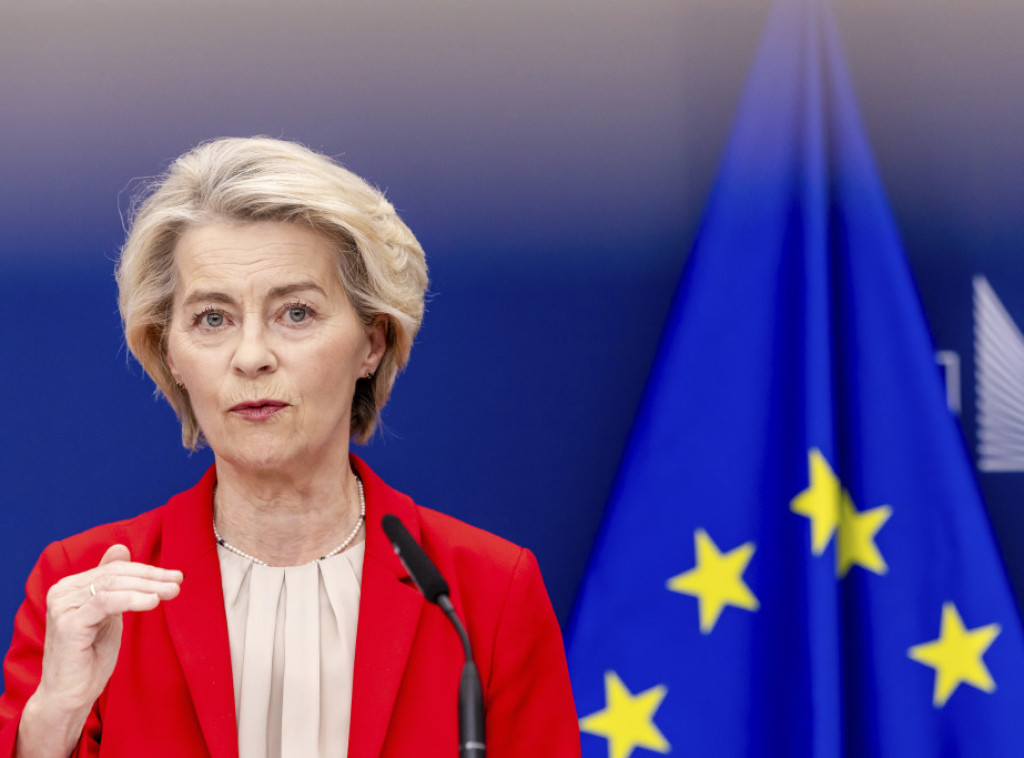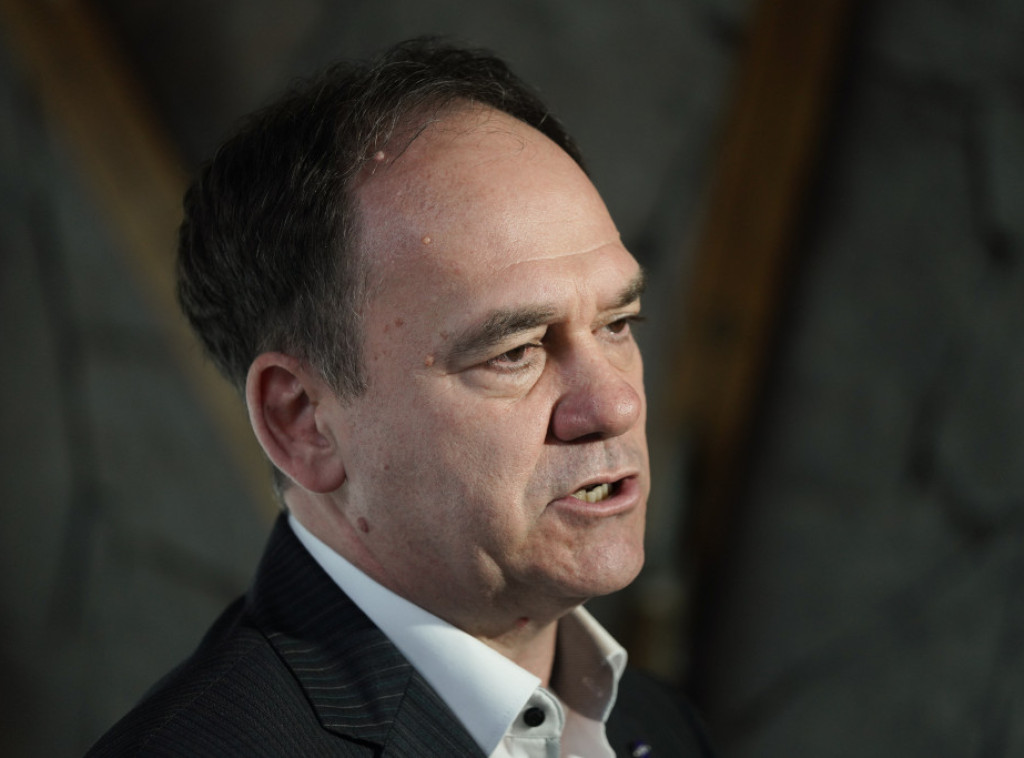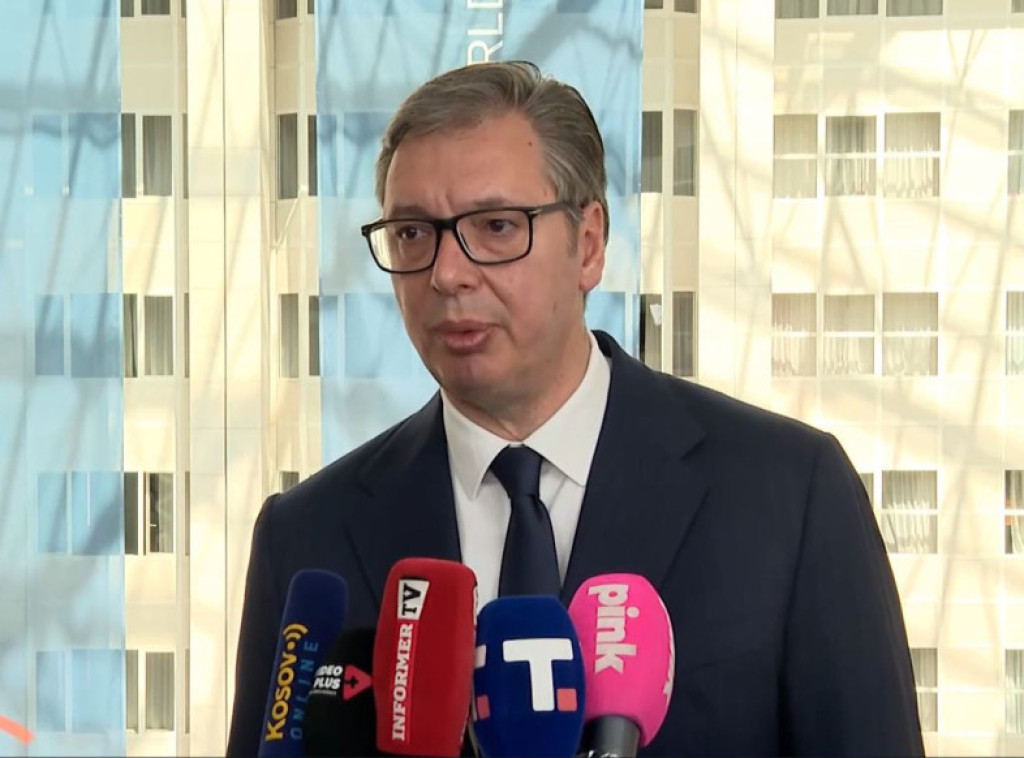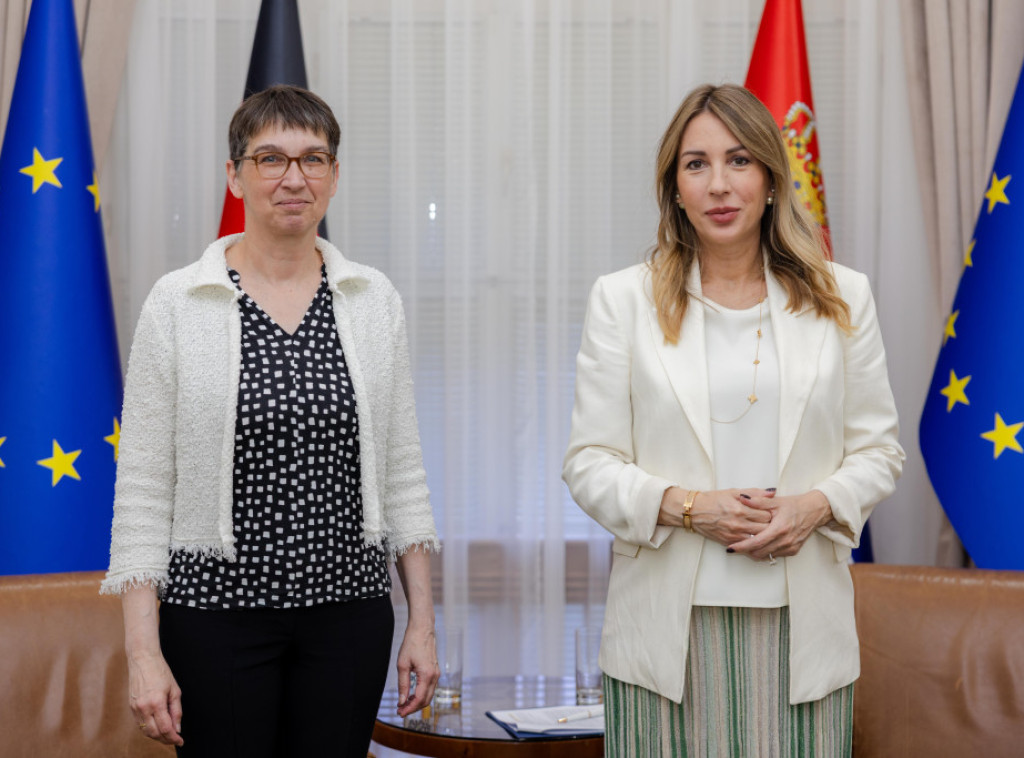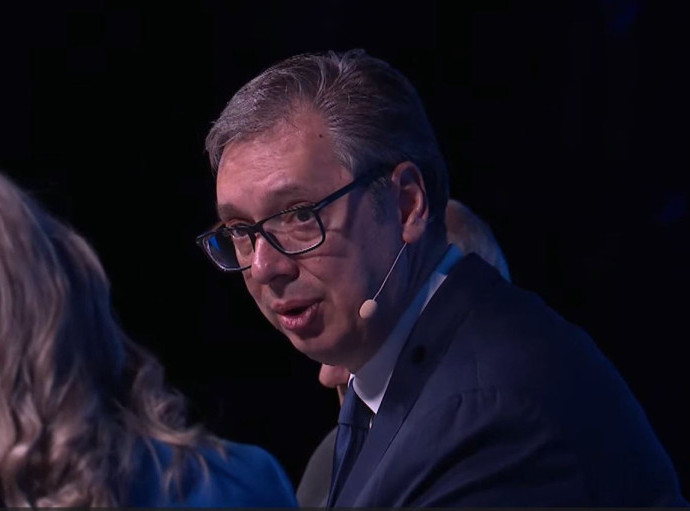The U.S. Ambassador to Serbia, Christopher Hill, stated that the United States does not plan to directly intervene in resolving Balkan issues, including the dispute between Belgrade and Pristina. Hill emphasized that Pristina should continue with the establishment of the Community of Serbian Municipalities (ZSO), while Belgrade has its own tasks in this process. He highlighted that this is not about mutual recognition but normalization of relations, and called for a serious approach to the Ohrid proposal. The Director of the Office for Kosovo and Metohija, Petar Petković, criticized the Prime Minister of the provisional institutions in Pristina, Albin Kurti, accusing him of not wanting dialogue but rather the expulsion of Serbs, stressing that the formation of the ZSO is a prerequisite for progress in the dialogue. These statements reflect the current tension and complexity of relations between Belgrade and Pristina, as well as the role of the U.S. in this process.
Political Perspectives:
Left: Left-leaning outlets tend to emphasize the importance of dialogue and peaceful resolution, highlighting the role of international actors like the U.S. in encouraging normalization without direct intervention. They may critique nationalist rhetoric and stress the need for protecting minority rights, such as those of Serbs in Kosovo.
Center: Centrist sources report the facts of the statements and reactions, focusing on the diplomatic efforts and the complexity of the Belgrade-Pristina relations. They present both sides’ positions, including the U.S. stance and local political actors, without strong bias.
Right: Right-leaning media often emphasize the sovereignty and national interests of Serbia, criticizing the Kosovo authorities and portraying them as hostile towards Serbs. They may highlight the necessity of forming the ZSO as a key Serbian demand and criticize any perceived concessions or lack of strong action from international actors.







